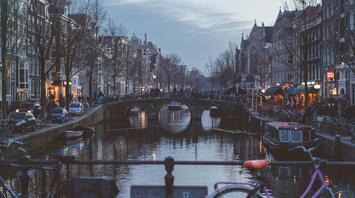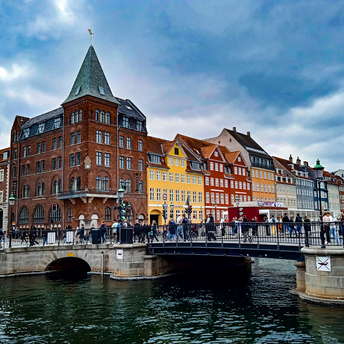Amsterdam's New Tourism Strategy: Balancing Local Needs and Environmental Sustainability

Amsterdam plans to significantly limit the number of cruise ships allowed to enter its port, reducing them to a certain number in the coming years, with a complete ban to be implemented in the future. This decision comes in response to numerous complaints from local residents, who believe that tourism is overcrowding the city and straining its infrastructure. The city government criticizes cruise tourism, pointing out that such visitors spend little time and money on local culture, opting instead for international chains, which only exacerbates the problem of overpopulation.
In addition to the issues with tourists, a key reason for these restrictions is the environmental impact. A single cruise ship can emit as much pollution in a day as thousands of trucks, which contradicts the city’s goals of reducing emissions by a certain percentage in the coming decades. The cruise restrictions are part of broader measures aimed at reducing pollution and managing tourism, including limitations on river cruises and new hotels, as well as campaigns against tourists who behave irresponsibly in the city.
Additionally, the authorities of Amsterdam intensified their efforts to combat the consequences of short-term housing rentals. New regulations limit the number of permits for rentals through popular online platforms, reducing them in certain areas, including the historic city center. This aims to improve housing availability for local residents, such as students and young professionals. Moreover, restrictions were introduced on the number of days properties can be rented to tourists, which limits the use of housing for short-term rentals.
Measures were also strengthened to reduce the pressure from tourism, encouraging visitors to explore less popular areas and cultural sites. In addition, the authorities introduced new restrictions on the opening of tourist shops, which helped to avoid the formation of a monotonous city center. More attention was given to supporting local businesses, such as bookstores and salons, which made the city more comfortable for residents.
Amsterdam's new policies reflect a long-term commitment to sustainable urban development and responsible tourism. The restrictions on cruise ships and short-term rentals are part of a broader strategy aimed at balancing the needs of local residents with the demands of tourism. By addressing the environmental and social impacts of mass tourism, the city seeks to preserve its unique cultural heritage while promoting a more sustainable future.



















